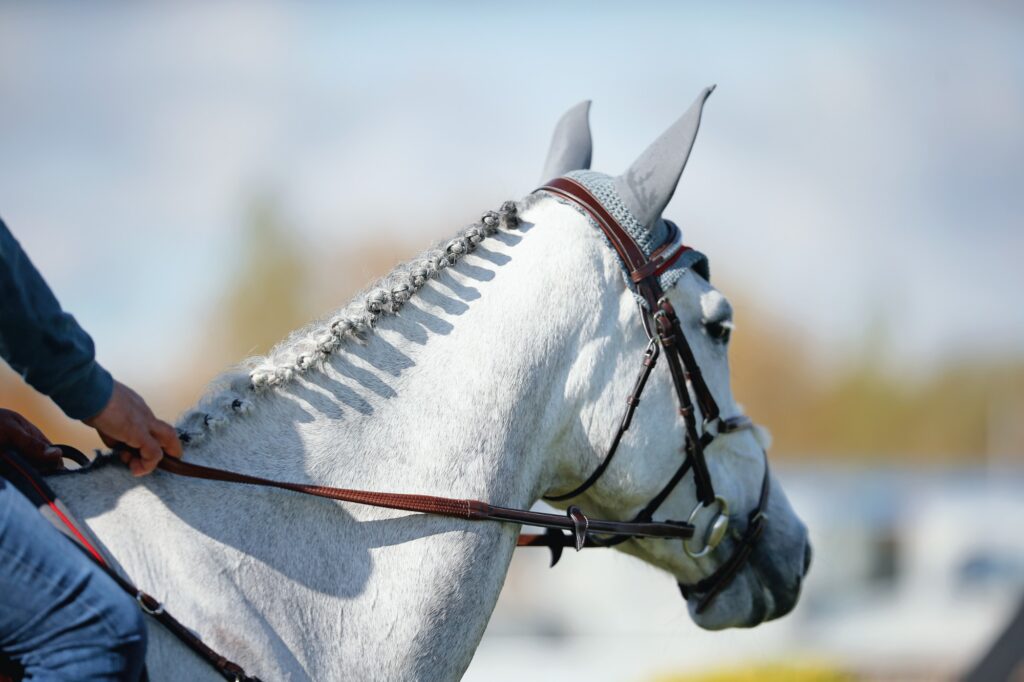Purchase and change of ownership of a horse
Avv. Michela Masoero – Horses and Law
Horses are naturally muscular. Their extraordinary musculature is the result of centuries of selection.
Often we hear people say, “the horse is mine because it is registered in my name”, or “the money isn’t into my account, I didn’t transfer ownership therefore the horse is still mine”.
The transfer of ownership of a horse and the deed of sale are two different things, and they should not be confused.
The horse is sold/purchased through a contract between two people. The contract can also be verbal, meaning the old fashioned gesture of a ‘handshake’ has the same value.
At this point, the buyer and the seller are tied by legal obligations: the buyer has the obligation to pay for the horse, the seller has the obligation to deliver the horse. Both actions are mandatory.
However, the seller faces an additional obligation: the transfer of ownership of the horse. This obligation arises from a secondary regulation, the Decree dated 30th of September 2021, created to regulate the National Equine Database (horses’ presence on the territory, their movements, etc.).
In art. 5, paragraph 11, we read that ‘For the transfer of ownership of the equine, the transferring owner, or the owners in the case of co-ownership, must communicate the sale or transfer of the animal within seven days, using the methods listed in chapter 17 of Annex A.’
This means that the seller has the obligation to carry out the procedures for the transfer of ownership of the horse within seven days from the sale.
The transfer of ownership is therefore a secondary obligation, dictated by the Italian law to better monitor the ownership of horses and the associated responsibilities that result from it, but it does not in any way constitute a sales contract.
This is because horses in Italy are still considered by law as an unregistered movable property. Therefore, their sale is regulated by the Civil Code, which overrides any secondary legislation, such as the Decree that imposes the transfer of ownership.
Clarification: The ‘sale’ of the horse involves an exchange of money, but the ‘transfer’ of ownership does not always involve an exchange of money – or at least it isn’t compulsory. The legislation on the transfer of ownership mentions the ‘transfer of the equine’, not exclusively ‘the sale’.
Conclusion: the transfer of ownership, unless otherwise agreed between the parties, must occur immediately following the sale, even if the horse has not been paid for. A horse can also be sold without an exchange of money, or given as a gift – such as when a parent gives the horse to their child. Therefore, the horse can be purchased by one person, but registered in another’s name. Or, it simply happens that the buyer chooses to transfer ownership of the horse to others without exchanging money.
The transfer of ownership is an obligation when a horse is sold, but also when he is given away without exchanging money and above all, it does not represent a sales contract, but exclusively the definition of the change of ownership of the equine.

